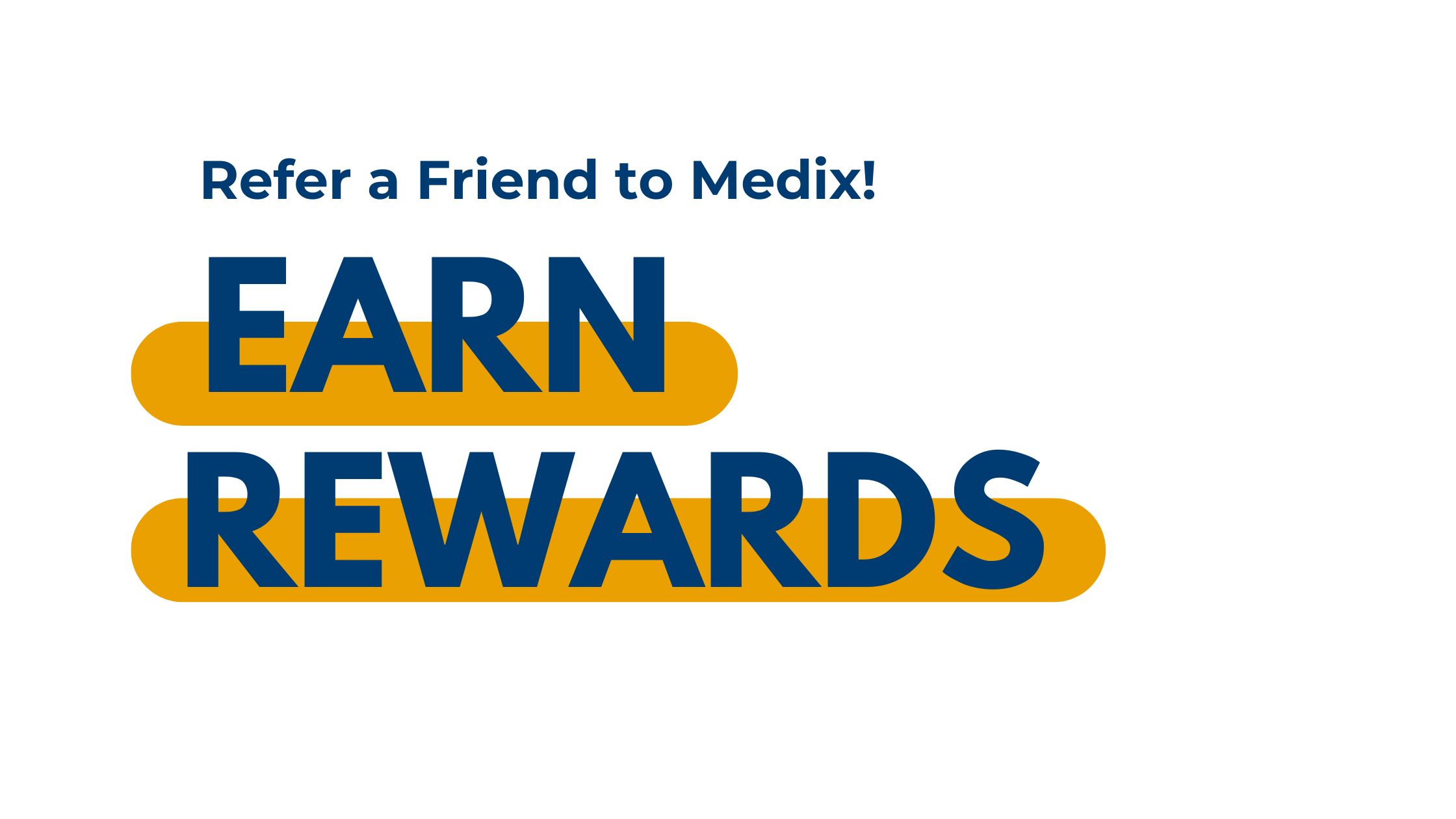10 Must-Have Effective Communication Skills for Dental Administration
September 16, 2024
Dental administrators spend most of their time working directly with patients. Dental administrators must effectively communicate with patients, whether assisting with procedures or welcoming them, to provide accurate information about their dental care.
Effective Communication Skills in Dental Administration
From verbal communication to body language, dental administrators should know how to effectively communicate with their coworkers and patients. By developing the most vital communication skills, dental administrators can position themselves for success throughout their careers.
These are the most in-demand communication skills in dental administration:
1. Active Listening for Understanding Patient Needs
Active listening is more than just hearing what a patient has to say. It’s giving them your full attention and truly absorbing the information that they are sharing. According to Fast Company, active listening requires dental professionals to listen attentively, understand the emotions behind the words, and then repeat what the patient has said to verify that they truly understand.
2. Clear and Concise Verbal Communication
Dental administrators often relay vital information to patients and other members of the dental care team, including dentists and hygienists. It is essential to communicate information clearly and understandably, particularly when providing patients with information about their diagnosis, treatment or dental care.
3. Empathy Toward Patients and Staff
Empathy plays a vital role in communicating effectively. By making a conscious effort to be aware of the feelings of the person you are speaking with and working to understand their perspective, you can communicate with them in a way that is relatable and respectful.
4. Effective Non-Verbal Communication
Sometimes, what you don’t say as a dental administrator is just as important as what you do say. Some types of non-verbal communication include facial expressions, gestures that you make with your hands, eye gaze, body language and tone of voice. Being aware of your non-verbal cues and utilizing them can help you develop a better rapport with your patients and coworkers.
5. Ability to Provide and Receive Constructive Feedback
Constructive feedback is one of the best ways to grow and develop, particularly in the workplace. You should be able to provide constructive feedback to your coworkers and patients, be willing to receive constructive feedback and adapt accordingly.
6. Conflict Resolution Skills
Conflict is inevitable, but the way that you handle it as a dental administrator can make a huge difference in the outcome. When you focus on developing conflict resolution skills, you will be able to understand all perspectives, determine the best possible outcome for all parties involved and help negotiate a solution that benefits everyone.
7. Professional Email and Written Communication Techniques
Workplace communication is becoming increasingly asynchronous, which is why it’s essential to adopt the most effective email and written communication techniques. You can improve your written communication techniques as a dental administrator by:
- Intentionally choosing appropriate wording.
- Adopting a professional tone and demeanor in all workplace communications.
- Focusing on proper spelling and grammar.
8. Mastery of Dental Terminology for Patient Clarity
As a dental administrator, you need to have a solid understanding of all dental terminology and the ability to translate that terminology for patients. It’s your job to help them understand what procedures and treatments they need and how those treatments will impact them.
9. Team Communication and Collaboration
Dental administrators typically work in a team environment, often collaborating with the dentist, hygienist and other members of the practice staff. Effective communication and collaboration can improve workplace efficiency and patient outcomes.
10. Patient Education and Instruction Skills
Dental administrators work in both the clinical and administrative areas of the practice and need to be able to provide patients with clear and accurate information about their dental care and instructions for continuing their care at home. Approaching these moments with empathy and understanding can help your patients develop a deeper sense of trust in you as an administrator and in your practice as a whole.
The Role of Communication in Patient Satisfaction
Communication plays a critical role in patient satisfaction ratings, with more patients reporting positive experiences when they frequent a dental practice that prioritizes communication.
Enhancing Patient Experience Through Clear Explanations
Clear and concise communication is the best way to help patients understand what to expect during their visit. For many patients, dental appointments can be stressful, but clear explanations help them understand their treatment, its necessity, and its benefits for their overall health.
Building Trust With Patients Through Effective Dialogue
The easiest way to build trust with your patients is to take the time to explain information thoroughly to them and give them an opportunity to talk with you.
Communication Strategies for a Smooth-Running Office
Effective communication in a dental office doesn’t happen by chance. Dental administrators must work to develop and implement both internal and external communication strategies.
Implementing Standard Operating Procedures (SOPs) for Communication
To begin, you should create Standard Operating Procedures for communicating with patients. Your procedures should outline the following:
- When to talk to patients
- How to address them
- What type of language to use
Utilizing Technology for Efficient Communication
In addition, you should leverage technology to improve communication at your dental office. Email reminders, text message confirmations, and virtual webinars that provide more information about standard procedures are all valuable communication tools.
Overcoming Communication Barriers in Dental Administration
Effective communication is not without its challenges. Recognizing the most common barriers to clear and concise communication in dental administration can help you quickly develop solutions.
Identifying Common Communication Obstacles
These are some of the most common communication challenges in dentistry:
- Explaining treatments in a clinical way rather than a relatable way.
- Not providing patients with enough time to discuss their own concerns or ask questions.
- Lack of emotional or cultural awareness leading to a disconnect between the patient and the provider.
Strategies for Improving Communication With Diverse Patient Populations
To better connect with all patients, regardless of their background or experience, you can:
- Give patients time to share their personal experiences or concerns.
- Provide additional services, such as an interpreter.
- Increase your cultural awareness to understand the perspectives of others.
Training and Development for Better Communication
Communication is a skill that can be continually improved. By prioritizing training and professional development, you can continue to improve as a communicator and dental administrator.
Continuous Learning Opportunities for Staff
As a dental administrator, you should coordinate professional development opportunities for your staff so that the entire team can continue to improve their communication skills. Investing in staff development will not only improve patient satisfaction ratings and patient outcomes but also help you retain top talent at your dental practice.
Incorporating Communication Skills Training in Employee Onboarding
When you hire new employees, you can blend communication skills training into the onboarding experience, highlighting the fact that you prioritize effective communication at your office.
Frequently Asked Questions:
How can dental administrators improve their communication with patients?
Dental administrators can improve their communication with patients by maintaining eye contact, actively listening to them, providing information in a clear and relatable way and giving patients the opportunity to ask questions or discuss concerns.
How can technology be used to enhance communication in dental offices?
Technology, such as automatic emails, text messages and newsletters, can help improve communication in dental offices by ensuring that all patients are receiving the information they need in a way that is convenient and comfortable.
What are some common challenges in dental office communication, and how can you overcome them?
Some of the most common challenges in dental office communication involve providing patients with clear and understandable information. By prioritizing communication skill training, you can ensure that your staff uses dental terminology in a way that all patients understand.
Why is effective communication important?
Effective communication in dentistry will lead to improved patient satisfaction ratings, better patient outcomes and higher workplace morale.
What do you do to become a better communicator?
To become a better communicator, you need to become more aware of your body language, focus on your active listening skills, and work actively to improve your written and verbal communication skills.
Do effective communication skills really matter that much?
Yes, effective communication skills are essential if you want to work as a dental administrator. You will be required to work directly with patients on a regular basis, and you need to be able to do so clearly and relevantly so that your patients develop a deep sense of trust in your practice.
Improve Your Skills With Our Online Dental Administration Program
At Medix Online, we offer an online Dental Administration program designed to provide you with the practical and soft skills needed to succeed in this dynamic field. This program emphasizes the most in-demand communication skills, preparing you for a career as a dental administrator.
Request more information about our online programs today.




